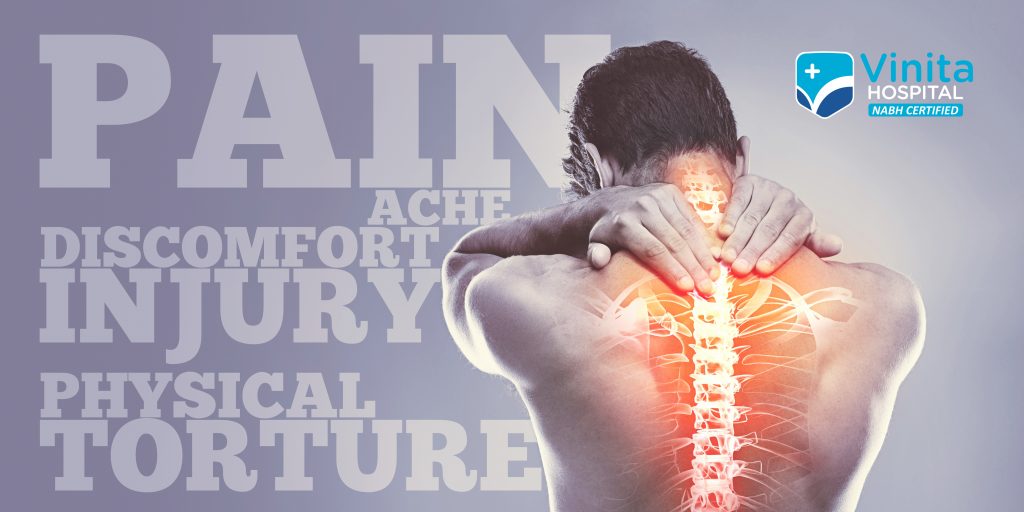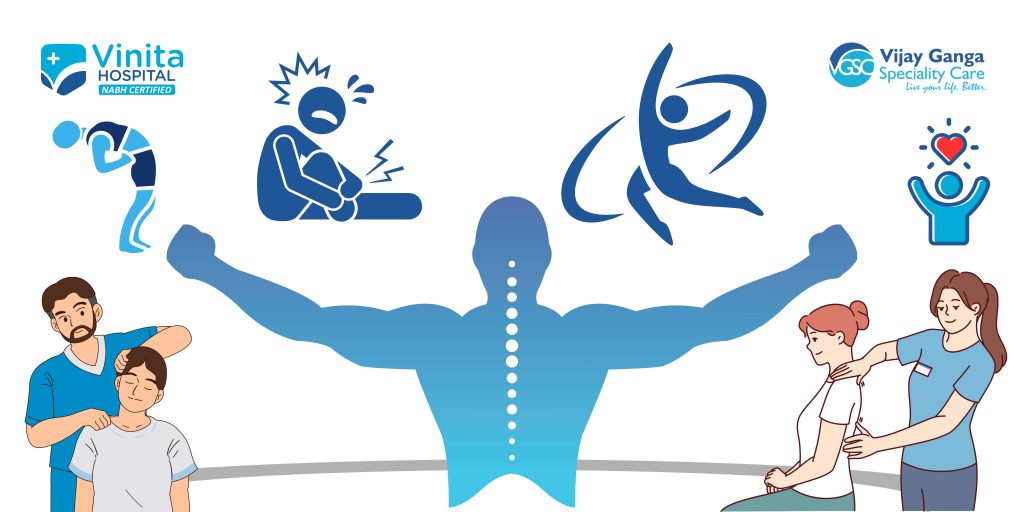
Back pain is one of the most common reasons people seek medical care, impacting daily life, work, and wellbeing. Physiotherapy stands as a highly effective, evidence-based approach for both treating and preventing back pain across all age groups.
Understanding Back Pain
Back pain may result from poor posture, muscle imbalance, injuries, repetitive strain, or underlying health conditions. In most cases, especially when pain is not caused by major trauma or serious disease, conservative treatment with physiotherapy is recommended as a first-line approach.
How Does Physiotherapy Help?
Physiotherapists are skilled healthcare professionals trained to assess, diagnose, and treat back pain. Their aim is to relieve pain, restore mobility, and strengthen your body to prevent future episodes. Treatment is always personalized to your specific needs and may include:
Thorough Assessment
Physiotherapists start with a detailed evaluation, examining your posture, range of motion, muscle strength, flexibility, and daily habits to identify the root cause of your symptoms.
Education and Posture Advice
Proper education is central to care. Physiotherapists guide you on posture correction, safe lifting techniques, smart ergonomics at work and home, and ways to protect your spine during daily activities.
Exercise Therapy
Targeted exercises are the foundation for long-term relief:
- Core Strengthening & Stabilization : Exercises to build strong abdominal, back, hip, and pelvic muscles. A strong core reduces spinal stress and stabilizes your back.
- Stretching & Mobility : To address stiffness and improve flexibility in the spine and surrounding muscles, relieving tension and preventing injury.
- Aerobic Conditioning : Activities like brisk walking, swimming, or cycling improve blood flow, reduce stiffness, and enhance healing. Aquatic therapy is especially helpful for those needing low-impact exercise.
- Postural Training : Exercises and strategies to restore spinal alignment and prevent the recurrence of pain by correcting posture.
Manual Therapy
Techniques such as IASTM spinal mobilization, myofascial trigger release, kineso tapping and gentle joint movements reduce pain, improve movement, and relax tense muscles.
Specialized Techniques and Modalities
Depending on your needs, physiotherapists may use:
- McKenzie Method : A system of exercises that centralize and reduce back pain, especially effective for disc-related or nerve root symptoms.
- Dry Needling : For relieving muscle tension and triggering natural pain relief.
- Electrotherapy : Modalities such as ultrasound, TENS,IFT/IPT and heat or cryotherapy can support pain relief and healing.
- Shockwave Therapy : For targeted support or chronic conditions.
Patient Empowerment
Physiotherapists provide knowledge and techniques to help you manage flare-ups and maintain a healthy spine with confidence, giving you tools for long-term self-care.
Benefits of Physiotherapy for Back Pain

- Relieves pain without medication
- Restores normal movement and flexibility
- Reduces the risk of future injuries
- Teaches lifelong strategies for spinal health
- Improves overall quality of life and ability to return to activities of daily living.
Prevention and Lifestyle Tips
In addition to treatment, physiotherapists often recommend:
- Staying active with low-impact exercise
- Maintaining a healthy weight
- Using correct lifting and movement techniques
- Choosing supportive chairs and a proper mattress
- Taking regular breaks from prolonged sitting
- Ensuring adequate hydration and good nutrition, especially with adequate calcium and vitamin D for bone health.
When to Consult a Physiotherapist
Consult a physiotherapist if you:
- Experience persistent or recurrent low back pain or pelvic pain.
- Notice limited movement or early morning stiffness in your back.
- If you experience pain on lifting weights.
- Have difficulties with work, daily tasks, or exercise due to back pain.
- Want to learn proactive strategies for spinal health.
If symptoms such as severe pain, numbness, weakness, radiating pain or bladder/bowel issues are present, seek immediate medical attention as these may require urgent evaluation.
Summary
Physiotherapy offers a scientific, holistic, and individualized path to back pain relief and prevention. With expertise in movement, rehabilitation, and education, physiotherapists not only help manage pain but empower you for an active, pain-free future. If back pain is affecting your life, consider consulting a physiotherapist to begin your journey toward recovery and resilience.
For professionally guided care tailored to your needs, reach out to our physiotherapy team to schedule a personalized assessment today.
Read also Most Common Symptoms of PCOS
Check out Best Multispeciality Hospital in Chennai
Check out Best Physiotherapist in Chennai





